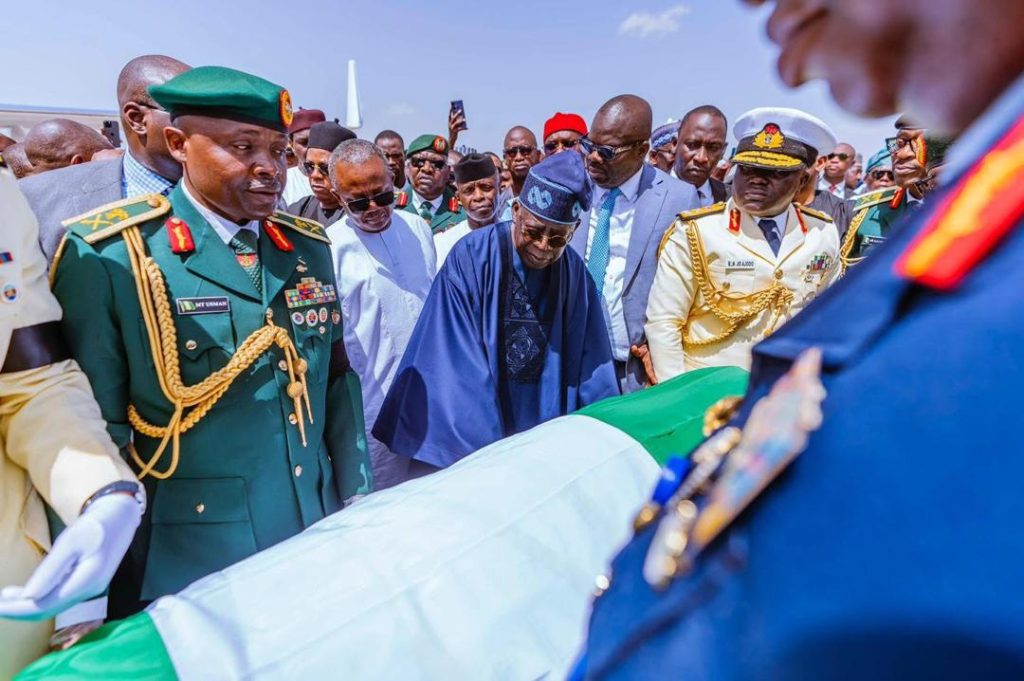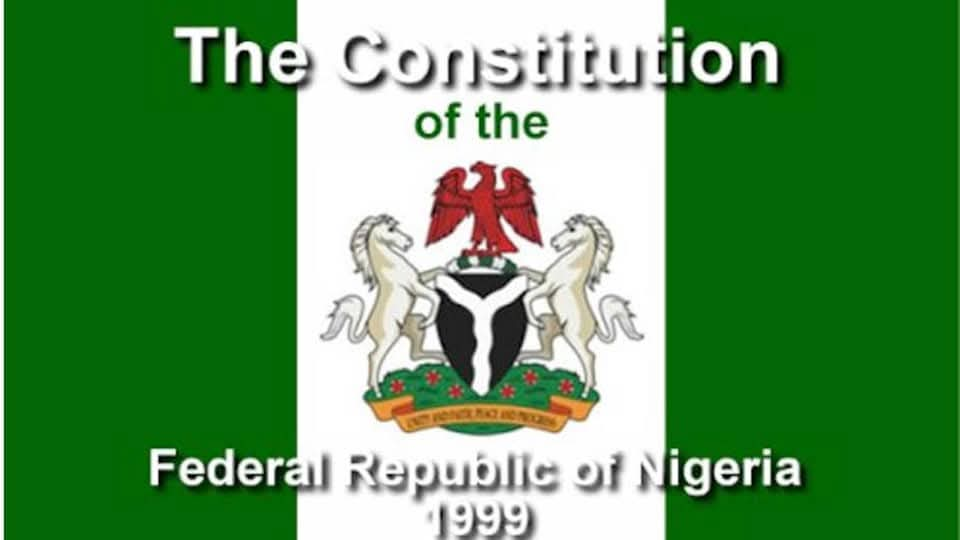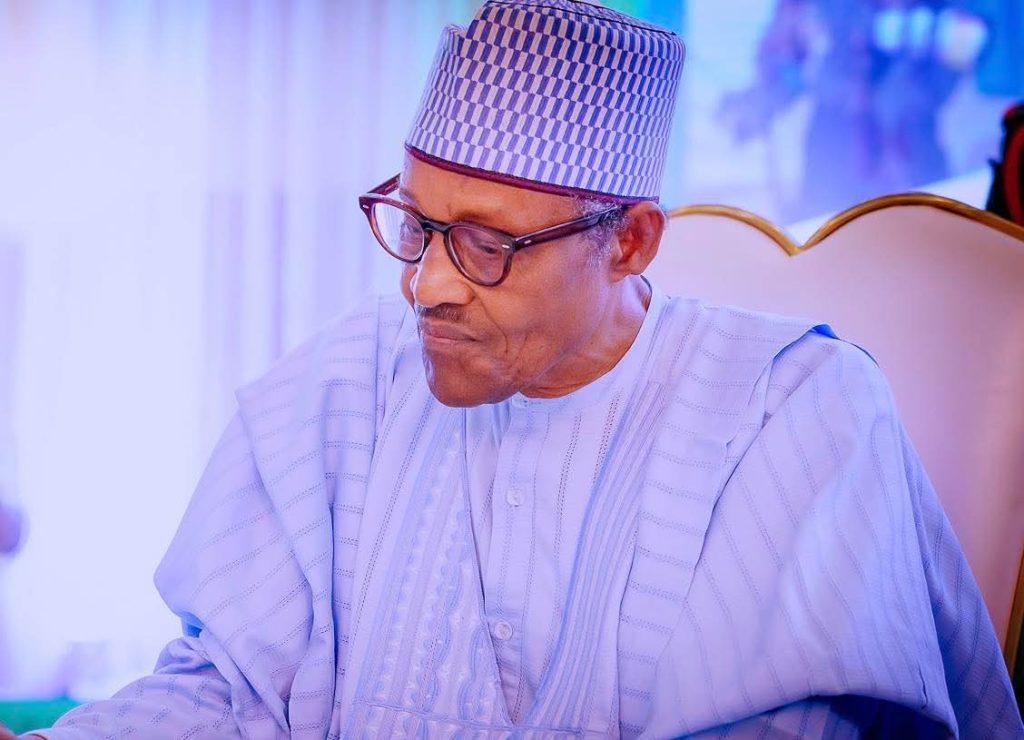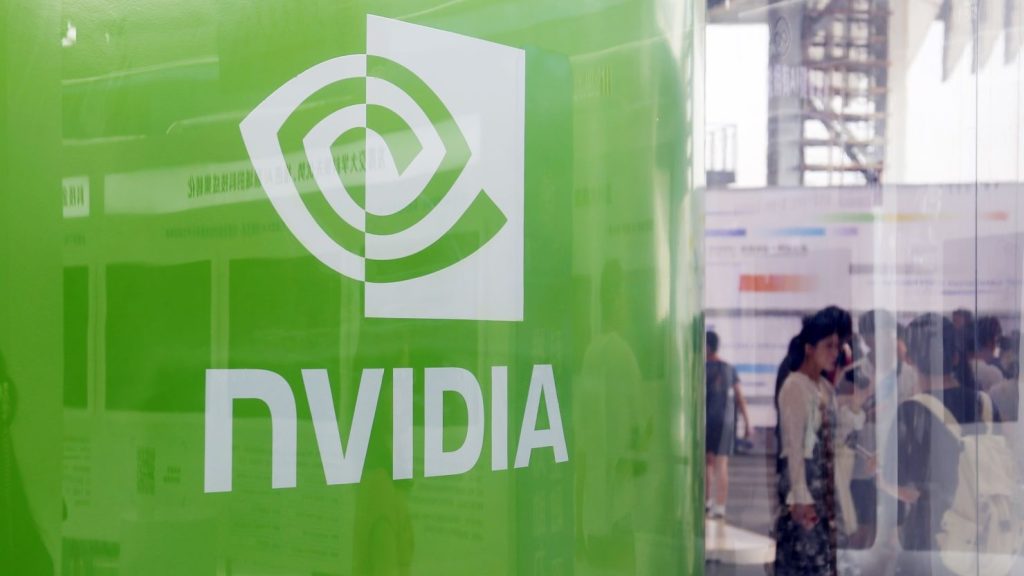Analysis
DR Congo Questions Apple ‘Blood Minerals’ Sources; Moves to Cut Off Rebel Financing

By Ikechukwu Emeka Onyia
In a bold move that signals a new front in the fight against the exploitation of conflict minerals, the government of the Democratic Republic of Congo (DRC) has formally raised concerns with tech giant Apple about the potential use of conflict minerals in its supply chain.
This development marks a significant step by an African nation to address the root causes of conflict financing on the continent.
On April 22, a team of international lawyers representing the Congolese government dispatched a detailed inquiry to Apple, giving the company a three-week deadline to respond.
This action parallels recent allegations against the Rwandan government for purportedly trading in illicit tin, tungsten, and tantalum (the 3T minerals), along with gold, sourced from the DRC.
These minerals are critical in the manufacturing of Apple’s iPhones and other devices.
Despite previous assurances from Apple that its supply chain does not benefit armed groups in the region, the company has previously been forced to sever ties with 14 smelters and refiners that failed to undergo third-party audits.
Reacting to inquiry by AFP, Apple made reference to its 2023 corporate report regarding alleged use of conflict mineral for its products;
“Based on our due diligence efforts… we found no reasonable basis for concluding that any of the smelters or refiners of 3TG (tin, tantalum, tungsten and gold) determined to be in our supply chain as of December 31, 2023, directly or indirectly financed or benefited armed groups in the DRC or an adjoining country,” it said.
The issue echoes a 2016 incident when Apple announced comprehensive audits of its suppliers for conflict mineral usage, aiming to dissociate from violent militia groups in Africa.
The DRC’s probe into Apple’s sourcing practices reflects deeper questions about the transparency and ethics of mineral sourcing in conflict-prone areas, particularly regarding Rwanda’s reported involvement in the mineral trade, despite its minimal production of tin and tungsten.
Rwanda is, however, a significant producer of tantalum, ranking second globally after the DRC.
Letter from DR Congo Lawyers to Apple:
Part of the letter read:
“Apple has sold technology made with minerals sourced from a region whose population is being devastated by grave human rights violations,” the DRC’s lawyers wrote.
The letter accuses that sexual violence, armed assaults, and pervasive corruption at mineral extraction sites supplying Apple are among the grave allegations presented.
The lawyers representing the DRC have charged that Macs, iPhones, and various other Apple products are “marred by the suffering and bloodshed of the Congolese people.”
This week, French attorneys William Bourdon and Vincent Brengarth issued a formal notice to two of Apple’s subsidiaries in France, while lawyer Robert Amsterdam delivered them to the technology company’s headquarters in the United States.
“Apple has consistently relied on a range of suppliers that buy minerals from Rwanda, a mineral-poor country that has preyed upon the DRC and plundered its natural resources for nearly three decades,” they wrote.
DR Congo Lawyers, Bourdon and Amsterdam criticized the tech giant’s attempts to ethically source its minerals as “notoriously insufficient.”
“Apple seems to rely mainly on the vigilance of its suppliers and their commitment to respect Apple’s code of conduct,” reads the official letter.
DR Congo’s Blood Mineral:
The surge in demand for cobalt and copper, essential for the so-called clean energy technologies like rechargeable batteries, has resulted in forced evictions, sexual violence, arson, and physical assaults in the eastern DRC, a 2023 Amnesty International Report reveals.
Control over significant portions of North Kivu has been seized by M23 rebels, who now surround the provincial capital, Goma. This area has become a refuge for over one million people displaced by conflict, now living in dire conditions in overcrowded camps.
In 2023, the UN highlighted the extreme violence faced by residents of eastern DRC, labeling it as one of the globe’s “worst places” for children due to unprecedented levels of violence.
Minerals from these conflict zones are smuggled into Rwanda. This is done to circumvent international regulations designed to halt the trade of “conflict minerals,” as reported by Global Witness.
Lawyers have criticized the opaque responsibility of Apple and other leading tech companies in their use of these conflict minerals, calling for greater accountability.
This initiative by the DRC government highlights the complex dynamics of Eastern Congo, where the abundance of valuable minerals continues to fuel conflict, displacing millions and costing the government $billions in lost revenue. The situation in Eastern Congo, akin to the banditry in most African rich mineral zones, showcases the challenges of managing resources in an area besieged by rebel groups fighting over territory, resources, and ethnic disputes.
The ongoing conflict in Eastern Congo, exacerbated by the lucrative trade in rare earth and industrial metals, underscores a broader scramble for Africa’s resources, involving so many external interests across the globe.
The DRC’s confrontation with Apple represents a critical step toward asserting African agency in the global resource economy, aiming to ensure that the continent’s wealth benefits its people rather than perpetuating cycles of violence and exploitation.
If DR Congo succeed in cutting funding to non-state arm bearing actors, then it will be easy to resolve the age long problem.
For Diaspora Digital Media Updates click on Whatsapp, or Telegram. For eyewitness accounts/ reports/ articles, write to: citizenreports@diasporadigitalmedia.com. Follow us on X (Fomerly Twitter) or Facebook











